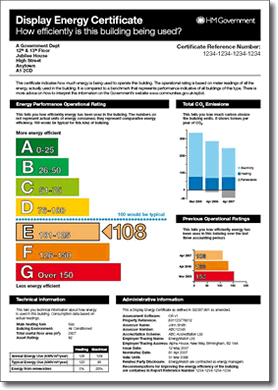The key to energy saving in the home is efficiency. More efficient insulation, for instance, leads to more efficient heating systems as less heat is lost.
Lowering energy bills is an aim that every homeowner has in mind, and the only way to achieve this in these days of rising costs is to use less. For a few useful tips on how to start using less gas and electricity – and at no extra cost – read on.
 Electrical items and standby mode
Electrical items and standby mode
We’ll start by looking at electricity, a vital but increasingly expensive source of energy that is wasted to surprising levels without us realising. For instance, are you aware that more than three quarters of the energy used by a simple device such as a DVD player is accounted for while the unit is not actually being used?
It’s true – leave a DVD player on permanent standby and you will use over 75% more electricity than is actually needed to watch a film.









